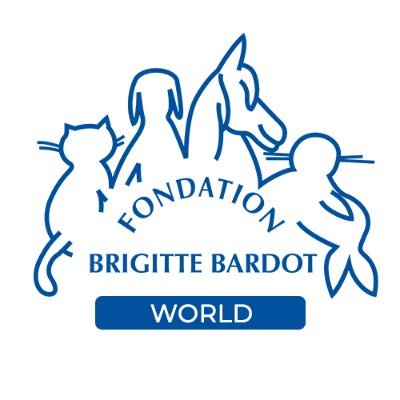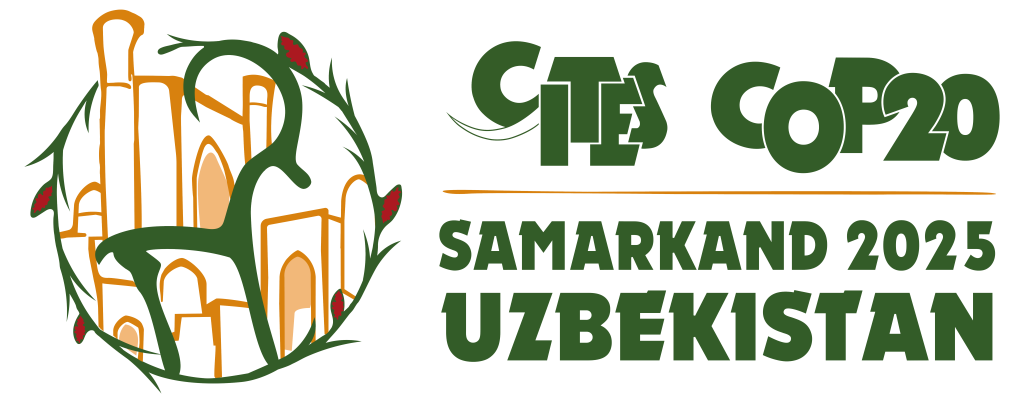France
The 1960s film star Brigitte Bardot founded her eponymous Fondation Brigitte Bardot (Brigitte Bardot Foundation/BDF) in 1986. According to its website, BDF was recognised as a public body in 1992 and the Dalai Lama became an honorary member in 1995. BDF and Sea Shepherd have long been close collaborators in their struggle to put a stop to commercial whaling. For example, they recently cooperated to end, what they call, the ‘barbaric slaughter of pilot whales in the Danish Faeroe Islands’.
In honour of Brigitte Bardot, Sea Shepherd renamed one of its anti-whaling scout ships (previously called Gojira) Brigitte Bardot, not least because BDF partially funded its refit. And in keeping with BDF’s ethos, which believes eating meat is a crime, the Brigitte Bardot serves vegan food exclusively.
The Brigitte Bardot Foundation campaigns on many fronts. It opposes the so-called mistreatment of animals in slaughterhouses; it wants to prohibit trapping; stop hunting on Sundays; ban all trophy hunting; recognize the right of conscientious objection to animal testing; ban the production and sale of foie gras; outlaw all use by humanity of animal fur; transfer all African elephants to CITES’ Appendix I; include elephants, rhinos and gorillas as a UNESCO World Heritage Site; make it legal to keep wild boar at home.
According to its website, BDF has been involved with CITES since 2000. For example at COP-18 BDF rallied a galaxy of modern celebrities to back proposals to ban all trade in wild-caught baby African elephants, particularly ones destined for foreign zoos (see: Stars Demand EU Action at CITES to End Cruel Trade’ in Wild-Caught Elephants).
Leaders
Director-General, Chyslaine Calmels-Beck.
Governance
Board led by Brigitte Bardot.
Finances
According to its website, in 2019 BDF had revenue worth Euro 22.850 million, 66 percent of which was used in France.



